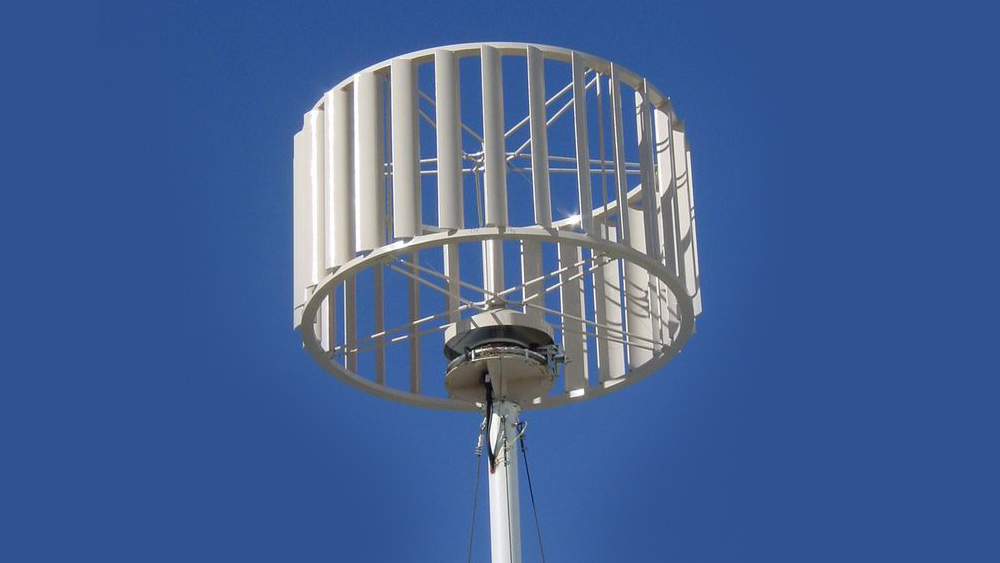Toyota to sell hydrogen fuel cell module to companies
03/12/2021 / By Virgilio Marin

Toyota will sell a hydrogen fuel cell module to manufacturers starting later this year as an alternative to electrified powertrains. The Japanese automaker has been at the forefront of hydrogen fuel technology since developing a hydrogen-powered electric vehicle, the Toyota Mirai.
The new module will be compatible with stationary generators and various types of vehicles, including trucks, buses, trains and ships. The firm hopes that the module will stimulate interest in fuel cell products, as the technology’s niche status is a major barrier to widespread adoption.
Toyota’s fuel cell module
The fuel cell module can be directly connected to an existing electrical instrument equipped with a motor, inverter and battery, Toyota said in a statement on Friday, Feb. 26.
“Many companies involved in fuel cell products in a variety of industries are looking for fuel cell systems that can be easily adapted to their own product,” the automaker said.
As with most fuel cells, Toyota’s module runs on hydrogen gas, a low-polluting source of energy touted as a promising alternative to fossil fuels. Hydrogen fuel cells directly convert hydrogen to electricity and generate only water and heat in the process. They are commonly used today for transportation, where vehicles are kitted out with fuel cells and a tank to store hydrogen gas.
Toyota will start selling the module to other companies as early as spring but did not reveal its price. Customers will be able to choose either a horizontally or vertically packaged model weighing around 500 pounds. With an output of 60 to 80 kilowatts, both models will offer a voltage range of between 400 and 750 volts.

The “module has achieved a world-class, top-level output density per unit volume,” Toyota said, adding that the maintenance requirements are simple and infrequent.
Lack of fueling stations, sellability challenge hydrogen fuel cell tech
Toyota is one of the key stakeholders in hydrogen fuel technology. In 2015, it introduced its Mirai fuel cell vehicle to the market after years of development. Last year, the firm unveiled an upgraded version of Mirai with the intention of promoting the technology, which remains unpopular in the market despite backing from the Japanese government.
Japan poured billions into companies including Toyota in a bid to build a hydrogen-fueled society. Prime Minister Yoshihide Suga set a goal to cut the country’s carbon emissions to zero by 2050 and reduce its reliance on imported oil and nuclear power. While North America and Europe turned to battery-powered electric vehicles, the Asian giant chose to bet on hydrogen-powered electric cars.
But the vehicles, as well as other fuel cell products, have yet to see widespread adoption due to the lack of fueling stations across the globe. For instance, there are only over 40 hydrogen fueling stations in California, which is the only state that sells hydrogen cars.
Uncertainties about the vehicles’ resale value also plague the fuel cell industry. U.S. sales fell to less than a thousand last year from a peak of 2,400 units in 2018. Meanwhile, Mirai sales plunged to less than 500 last year from around 1,500 in 2019. Besides Toyota, the only automakers with hydrogen cars in the market are Japan’s Honda and South Korea’s Hyundai.
But Toyota is unfazed by those dismal sales figures. During the launch of the revamped Mirai in December, the automaker made it clear that profitability is not its top priority at the moment.
“We don’t think it’s important to focus on sales. We have a larger target that is contributing to the realization of a carbon-neutral society,” said Toyota chief technology officer Masahiko Maeda.
In Toyota’s statement on Friday, the firm pledged to continue strengthening its initiatives to develop fuel cell technology and popularize hydrogen fuel cell products.
Learn more about hydrogen fuel and other alternative sources of energy at Power.news.
Sources include:
Tagged Under: electric vehicles, fuel cell electric vehicles, future cars, future science, future tech, hydrogen cars, hydrogen fuel, hydrogen fuel cells, innovation, Japan, science and technology





















